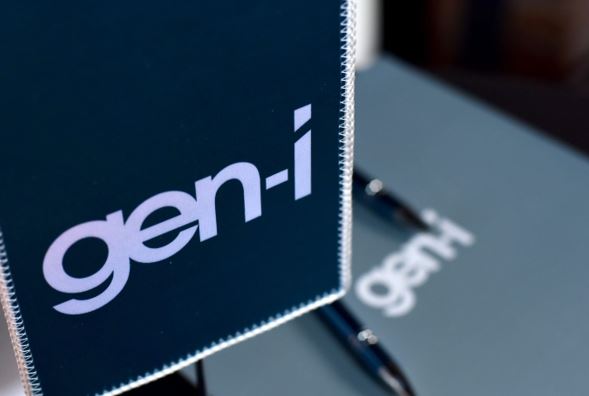We recently reported that the electricity trader Gen-I energy company had announced significant price increases for electricity. In a message sent to their customers, the blame for the price increase was placed on the war in Ukraine. Other electricity providers have also raised their prices. However, former Minister of the Economy, Matej Lahovnik, has now responded to the rise in prices, writing on Twitter that there is no reason for the announced price increase. The June inflation is now as high as 10.4 percent, as the government has done nothing to slow the price growth.
Slovenia is more or less self-sufficient in the field of electricity. While we have no choice but to import motor fuels and the possibility of regulating the final price is limited by the price that motor fuels achieve in international markets, as much as 85 percent of electricity is produced in our own country. About 40 percent of all electricity is provided by the Krško Nuclear Power Plant, the thermal power plants provide around 35 percent of power, and the hydroelectric power plants provide around 25 percent. The rest of the domestic production is obtained from alternative sources, and 15 percent, as already mentioned, is imported. Based on these facts, a heated debate has erupted online about the actual justification for the raising of energy prices.
Energy production is the same as before the Ukrainian crisis
How is it possible that the energy company is using the war in Ukraine to justify such a rise in the price of electricity, when the main share of electricity is produced at home? This simple fact was first pointed out by a professor of economics at the Faculty of Economics in Ljubljana, who is also the former Minister of the Economy, who wrote on Twitter: “The river Sava flows just the same as before, and the Krško Nuclear Power Plant operates just the same as before, so there is really no reason for the lower charge to go up in price by as much as 66 percent, the higher charge to go up by 34 percent, and the uniform charge to go up by 41 percent.”
However, Lahovnik was far from the only person who was appalled by the rise in prices. Under his post, there were lots of comments that expressed their agreement with the former Minister. For example, user Ivan Bole wrote the following: “Now is the time of Freedom, and the Gen-I company can freely set its prices, so that they can freely increase their salaries and award themselves even more millions.” User Božo Ivec, on the other hand, speculated that the money for privatisation in the energy sector needs to be collected somehow. “How is it possible that the Gen-I energy company is not subject to the Act Governing the Remuneration of Managers of Companies with Majority Ownership held by the Republic of Slovenia or Self-Governing Local Communities? And I very much doubt that Gen-I is the only company that does not abide by this law. What is the Court of Audit doing about this? I am guessing that tackling this is not part of their plan,” he wrote.
This is about war profiteering
Meanwhile, economist Tilen Majnardi wrote the following to add to the debate: “When it comes to the river Sava, there might be a slight problem because of the drought, but the rivers Mura and Drava both have a medium flow. We overpay for coal from the Velenje mine at the same rate as in recent years, and the Krško Nuclear Power Plant recently announced that it has been supplying nuclear fuel at fixed prices for at least a few years now. These are clearly the actions of war profiteers.” And here is how Majnardi responded to the comment that apparently, our electricity producers are selling home-produced electricity to the international market, from which they are then buying it back: “The idea of self-sufficiency is not to refer to stock market prices, but to sell surpluses there if necessary and to buy if you need to. The idea of state investments in the strategic electricity economy is to provide the state with energy at prices that enable the operating of infrastructure.”
Will the state react to this situation?
The final price for electricity that is paid by a household user is influenced by several different factors. The basis is the price of the (mostly domestically produced) electricity, to which the network charge is added, as well as the contributions determined by the state and the excise duty. The price of energy represents about 39 percent of the final price, the contributions represent about 11 percent, the network charges about 30 percent, and the excise duties, including value-added tax, represent about 20 percent of the final price, according to the website Saving Energy (Varčujem z energijo). The state is the one that has influence over almost all of the components of the electricity price.
At the beginning of the new government’s term, the current Prime Minister, Robert Golob, announced that at some point, he would also address the rising prices of electricity, but only after he will have addressed the rising prices in the field of motor fuels and food. Many are therefore wondering whether there is even a will to intervene in the electricity market, given Golob’s past and the fabulous earnings he created in this market.
In Slovenia, the prices of consumer goods rose by an average of 10.4 percent on an annual basis in June. The biggest contributors to inflation were the price increases of oil derivates, food and electricity. On a monthly basis, inflation was 2.7 percent, and it increased due to the more expensive electricity, package holidays and food, the Statistical Office of the Republic of Slovenia wrote.
Andrej Žitnik


